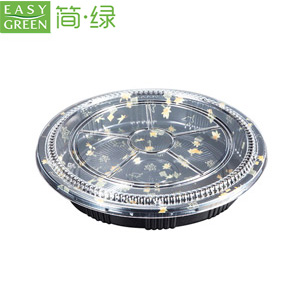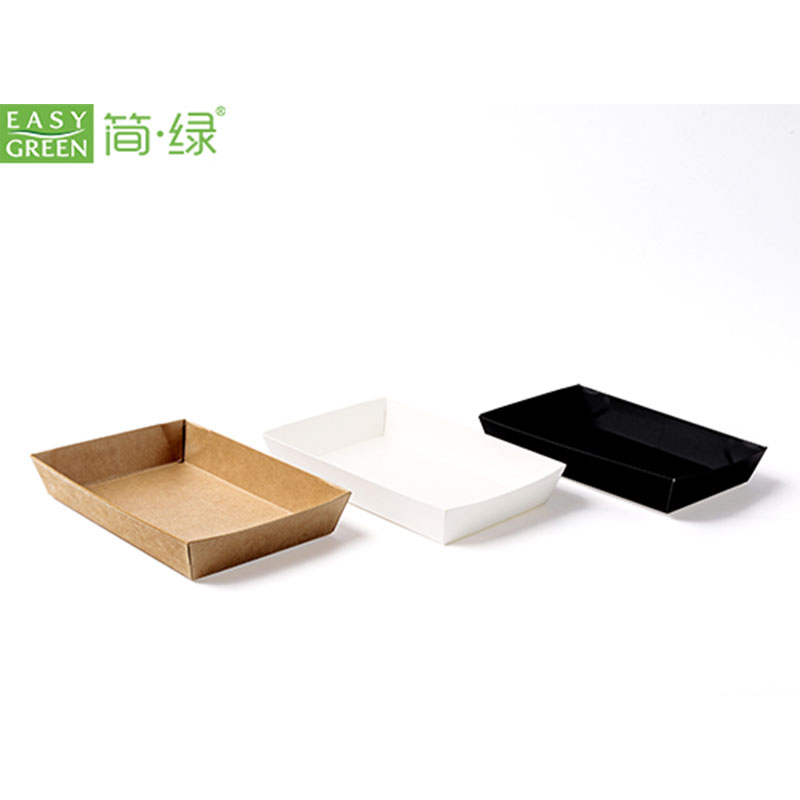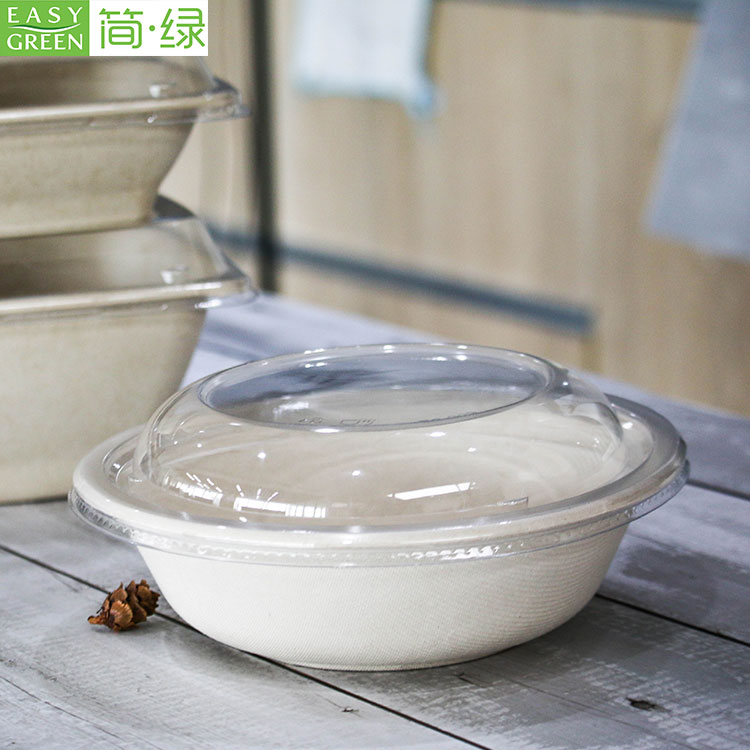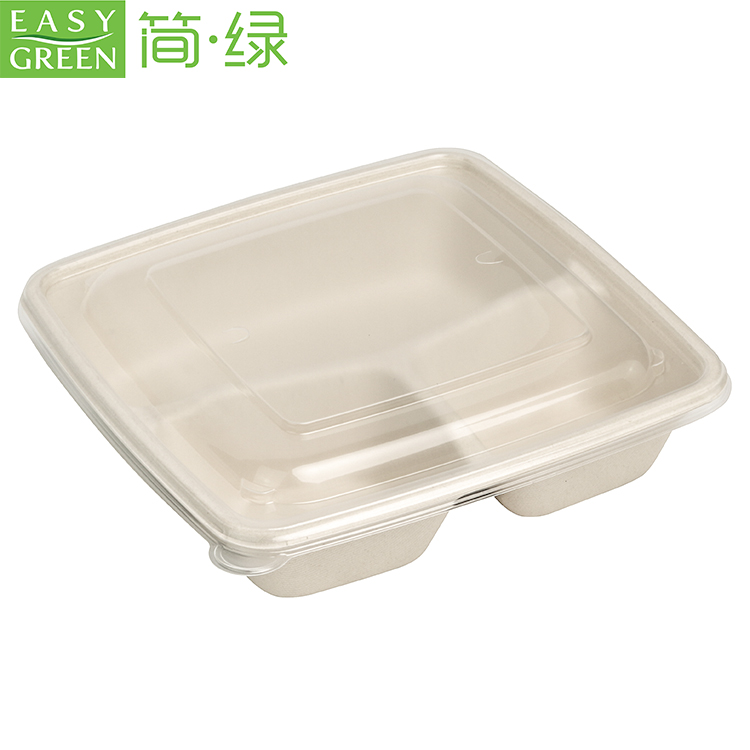In today's fast-paced world, disposable food containers have become an integral part of our daily lives, especially in the food service industry. From takeout meals to catering events, these food containers play a crucial role in ensuring that food remains fresh and convenient for consumers. However, with the increasing awareness about environmental sustainability, it's important to choose disposable food containers that are not only functional but also eco-friendly. Here's a comprehensive guide on how to select the best disposable food containers, focusing on key aspects such as recyclability, compostability, and food-grade quality.
1. Check for Recyclability
One of the primary considerations when choosing disposable food containers is their recyclability. Recyclable containers can significantly reduce waste and environmental impact. Look for containers made from materials like aluminum, steel, or certain types of plastics (such as PET) that are widely accepted in recycling programs. Be sure to verify the recycling claims with your local waste management service to ensure the containers can actually be recycled in your area.
.png)
2. Opt for Compostable Options
For those seeking an even more environmentally friendly option, compostable disposable food containers are an excellent choice. Compostable food containers are made from plant-based materials like biodegradable plastics, paper, or bagasse. These materials break down naturally in composting facilities, returning valuable nutrients to the soil without leaving harmful residues. When selecting compostable containers, ensure they meet industry standards for compostability and check for certification from reputable organizations like ASTM or BPI.
.png)
3. Ensure Food-Grade Quality
Safety should always be a top priority when it comes to food packaging. Food-grade containers are designed to come into direct contact with food without leaching harmful chemicals or contaminants. Look for containers that are certified as food-safe, often indicated by labels such as "food-grade," "FDA approved," or "EU compliant." These certifications ensure that the materials used in the containers are safe for human consumption and have undergone rigorous testing to meet health and safety standards.
4. Consider Durability and Functionality
Beyond environmental and safety considerations, the durability and functionality of disposable food containers are also important. Choose containers that are sturdy enough to withstand handling and transportation without leakage or spillage. Look for features like tight-fitting lids, reinforced bottoms, and tamper-evident seals that ensure the integrity and freshness of the food. Additionally, consider the container's insulation properties, especially for hot or cold foods, to maintain optimal temperatures during storage and transport.
Choosing the right disposable food containers is a balancing act between environmental responsibility, food safety, functionality, and cost-effectiveness. By prioritizing recyclable, compostable, and food-grade materials, you can make informed decisions that benefit both your business and the planet. Remember, every small step towards sustainable packaging contributes to a healthier and more sustainable future. So, the next time you're in the market for disposable food containers, keep these guidelines in mind to make the best choice for your needs.
 English
English 
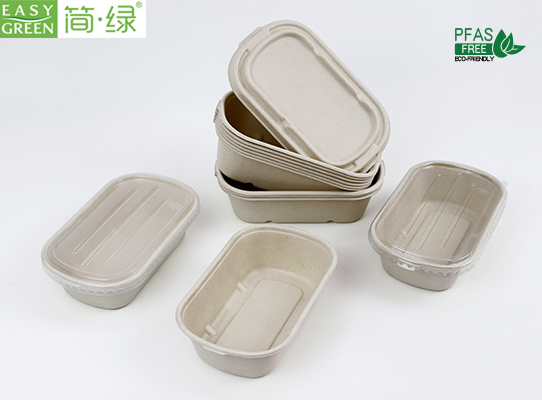

.png)
.png)
